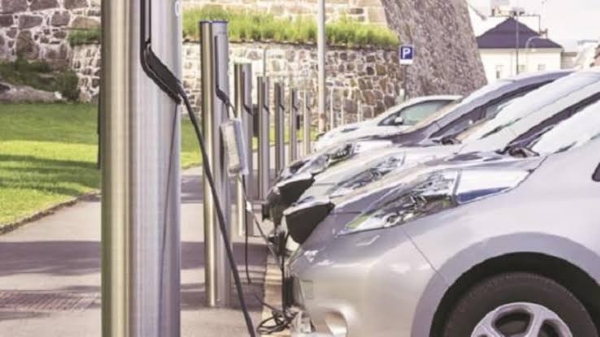
New Delhi, 2 January (H.S.): The central government has encouraged a total of 16.15 lakh electric vehicles (EVs) in the country under the Faster Adoption and Manufacturing of Hybrid and Electric Vehicles (FAME India)-II scheme. This includes 14.27 lakh electric two-wheelers (E-2W), 1.59 lakh E-3W, 22,548 E-4W and 5,131 e-buses.
The Ministry of Heavy Industries said in a statement issued on Thursday that the government had launched the first phase of the Faster Adoption and Manufacturing of Hybrid and Electric Vehicles (FAME-India) scheme from April 1, 2015 for a period of 2 years. After the successful implementation of this scheme, the second phase i.e. FAME-II was launched in the year 2019 with an outlay of Rs 11,500 crore to provide incentives for electric vehicles including two, three and four wheelers, electric buses and public charging stations (PCS) for electric vehicles.
The ministry said that a total of Rs 8,844 crore has been spent till October 31, 2024 to achieve the objective of this scheme. This includes Rs 6,577 crore for subsidy, Rs 2,244 crore for capital assets and Rs 23 crore for other expenses. A total of 16.15 lakh electric vehicles have been encouraged under this, which includes 14.27 lakh e-2W, 1.59 lakh e-3W, 22,548 e-4W and 5,131 e-buses. Apart from this, 10,985 EV PCS have been approved. Of these, 8,812 EV PCS have been allotted for installation.
The ministry said that the Government of India is taking several initiatives to give more emphasis on providing affordable and environment-friendly public transport options to the general public. In this direction, a phased manufacturing program has been included under this scheme to promote electric mobility through demand incentives for electric vehicles. It has supported important policy initiatives, such as reducing GST on EVs and enabling EV policies of states, which contribute to India's transition to sustainable mobility.
Hindusthan Samachar / Jun Sarkar








